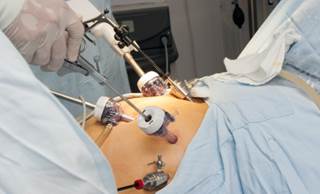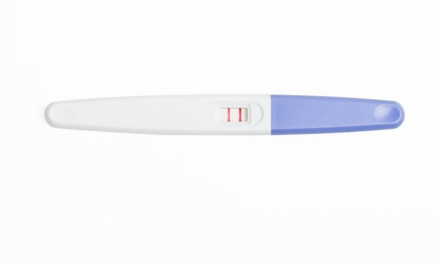One of the most important benefits of bariatric surgery (especially gastric bypass and sleeve gastrectomy) is its ability to improve the control of type 2 diabetes, often to the point where type 2 diabetes actually goes into remission after surgery. Not everyone with type 2 diabetes who has bariatric surgery will experience remission – about 70-80% of patients having gastric bypass and about 50-60% of patients having sleeve gastrectomy will experience remission. Ideally, we would be able to predict the likelihood of diabetes remission before the surgery is done, as this is arguably one of the most important potential benefits of bariatric surgery.
A recent study tried to answer this question using a scoring system called the DiaRem Score, which looked at at 4 preoperative variables amongst a group of 407 patients who underwent gastric bypass surgery:
- age
- need for insulin
- diabetes medication use (points assigned varied by type of medication)
- hemoglobin A1C (a blood test which is a 3 month report card of diabetes control)
They found that this score, which is based on the above 4 variables, was highly predictive of who went into remission from their type 2 diabetes and who did not.
Other scoring systems and variables have been looked at as well. Other variables that stands out in the literature are a shorter duration of diabetes, and preoperative serum C peptide level, which is a marker of a person’s ability to produce insulin.
It is exciting to know that as we learn more about bariatric surgery, that we can become better at predicting who may benefit from a diabetes standpoint. However, a word of caution – longer term studies suggest that for people who do enjoy diabetes remission after bariatric surgery, the diabetes recurs in about 50% of these people by 5 years post op. While there is still certainly a health benefit to being free of diabetes for a number of years, it is important to remember that the diabetes can return and must be screened for regularly and lifelong.












